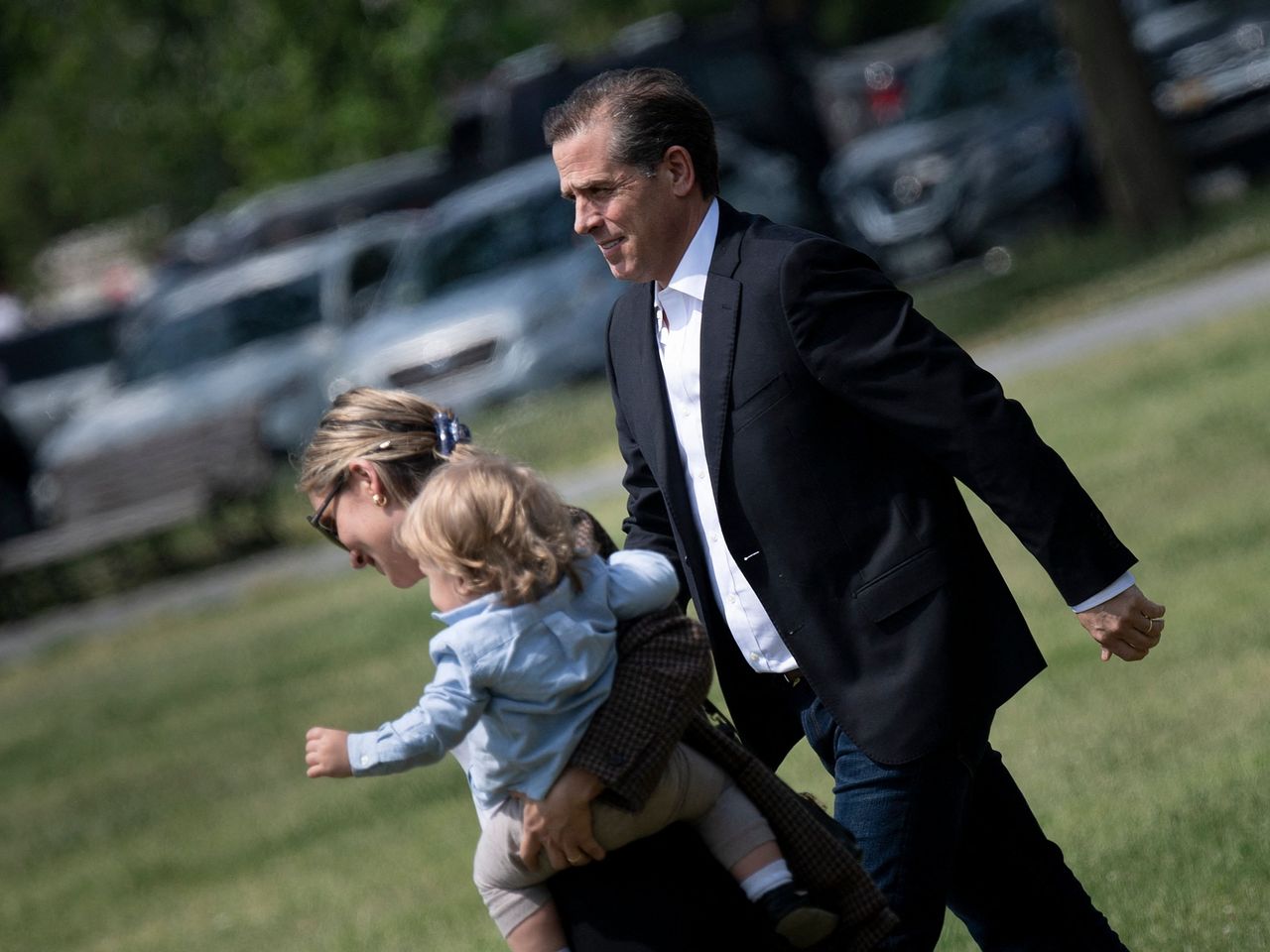In the lead-up to the 2020 United States presidential election, a controversy emerged that would send shockwaves through the media landscape – the alleged discovery of a laptop belonging to Hunter Biden, the son of then-candidate Joe Biden. The story, which involved claims of corruption and questionable business dealings, quickly became a focal point in the political discourse, raising questions about media ethics, information dissemination, and the impact of such controversies on the democratic process.
The Allegations:
The controversy surrounding the Biden laptop primarily revolved around the contents of the device, which was reported to contain emails, images, and documents suggesting Hunter Biden’s involvement in questionable business dealings in Ukraine and China. The authenticity of these materials, their origin, and the implications they carried for Joe Biden’s presidential campaign became the focal points of public attention.
Media Coverage:
Media outlets played a pivotal role in shaping the narrative surrounding the Biden laptop controversy. Different news organizations approached the story with varying degrees of skepticism, leading to a stark divide in how the information was presented to the public. Conservative-leaning media platforms, such as Fox News and the New York Post, gave extensive coverage to the allegations, framing them as potential evidence of corruption within the Biden family.
On the other hand, many mainstream and liberal-leaning media outlets, including CNN and The New York Times, approached the story cautiously, highlighting the lack of verified information and potential disinformation campaigns. The disparities in coverage sparked debates about journalistic integrity, with critics arguing that some media organizations were either downplaying or dismissing a story that could have significant political implications.
Fact-Checking and Verification:
The controversy brought to the forefront the challenges of navigating information in an era of digital media. Fact-checking organizations, such as PolitiFact and Snopes, were quick to scrutinize the claims made about the Biden laptop. These organizations sought to verify the authenticity of the materials and assess the credibility of the sources involved.
The fact-checking process, however, was not without its own controversies. Some argued that fact-checkers themselves could be influenced by political biases, raising questions about the objectivity and reliability of their assessments. The intricacies of digital forensics and the complexities of verifying data in an age of advanced technology added layers of difficulty to the process.
Foreign Interference and Disinformation:
As the controversy unfolded, concerns about foreign interference and disinformation campaigns came to the forefront. Intelligence agencies raised alarms about potential efforts by foreign actors to exploit the situation and influence the election. The fear of disinformation impacting democratic processes underscored the importance of media literacy and critical thinking in an age where information can spread rapidly across digital platforms.
Social Media’s Role:
Social media platforms played a significant role in amplifying the Biden laptop controversy. The rapid dissemination of information on platforms like Twitter and Facebook led to widespread exposure, with both supporters and critics sharing their perspectives. The role of these platforms in shaping public opinion and facilitating the spread of information, whether accurate or not, raised questions about the responsibility of tech companies in moderating content.
The Aftermath:
In the aftermath of the controversy, several developments unfolded. The FBI confirmed that it was conducting an investigation into the origins of the laptop and the authenticity of the materials. Meanwhile, the Biden campaign consistently denied any wrongdoing, labeling the allegations as a politically motivated smear attempt.
The controversy did not significantly sway the outcome of the 2020 election, as Joe Biden went on to win the presidency. However, it left a lasting impact on the media landscape and fueled discussions about the role of journalism, fact-checking, and the responsibility of social media platforms in the face of potentially divisive and misleading information.
Lessons Learned:
The Biden laptop controversy serves as a case study in the challenges and complexities of navigating information in the digital age. It highlights the importance of media literacy, critical thinking, and a nuanced understanding of the media landscape. The incident also underscores the need for ethical journalism, responsible information dissemination, and transparency in the face of potentially impactful controversies.
Conclusion:
The Biden laptop controversy was a flashpoint in the media landscape, exposing the vulnerabilities and intricacies of information dissemination in the digital age. As the dust settles, it prompts reflection on the role of media, the challenges of navigating a polarized information environment, and the ongoing quest for truth in an era of rapid communication and technological advancement.

